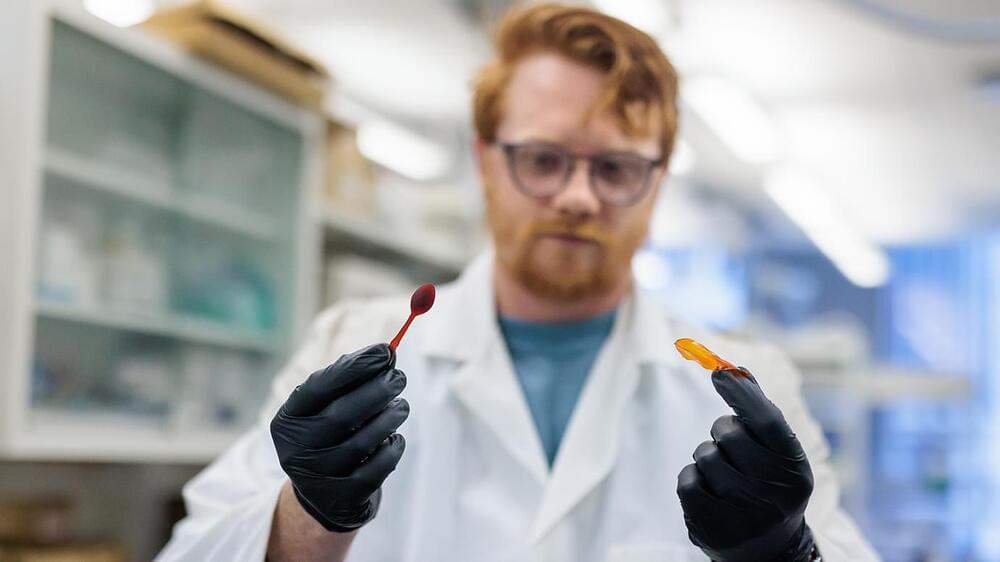A new study adds to the growing literature showing that motor neurons are not the only sites affected in amyotrophic lateral sclerosis, writes Dr. Leana Doherty.
Amyotrophic lateral sclerosis (ALS) is a progressive neurodegenerative disease primarily affecting motor neurons. However, nonmotor manifestations, including sensory, cognitive, and autonomic impairments, increasingly have been reported. In the current study, investigators examined cutaneous innervation and its correlation with disease severity in patients with ALS using the Small Fiber Neuropathy Symptoms Inventory Questionnaire, nerve conduction studies, and distal leg, thigh, and fingertip (glabrous skin) punch biopsies. Patients with alternate diagnoses including endocrinopathies, autoimmune disorders, and vitamin deficiencies were excluded.
Among 149 participants with ALS (mean age, 63; median disease duration, 14.3 months), 35% experienced large-fiber or small-fiber sensory symptoms or both. The frequency of small-fiber symptoms was higher in patients with more severe disease based on King’s staging; scores increase on the scale from 1 to 5 with increasing regions involved. Nearly one quarter of patients had one or more sensory nerve action potential abnormalities. The density of Meissner corpuscles (MC) was reduced in most ALS patients (53÷100), and intraepidermal nerve fiber (IENF) density was reduced at all sites (5th percentile: at the leg, 58%; thigh, 78%) compared with healthy controls. While MC density decreased with increasing King’s stage, IENF density increased. Increasing IENF density on repeat thigh biopsies at 6 and 12 months was associated with shorter survival. The researchers postulated that this may reflect an upregulation of reparative pathways paralleling disease aggressiveness.









